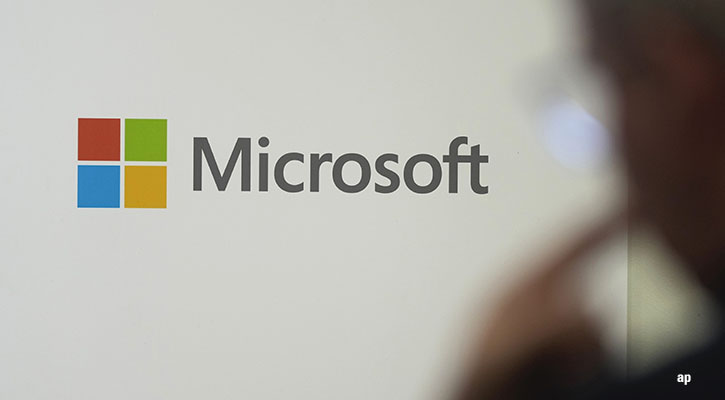It's a Fix
Would the Bank of England really conspire in setting interest rates artificially low, to the point where they are utterly divorced from the real world? You bet it would. It has done for the past three years.
Once again, base rate has been kept at 0.5%. The Bank has persisted with this low rate despite having a clear mandate to raise it whenever inflation is above, or threatening to rise above, 3%, which was been the case right up to May.
The 0.5% rate has been highly successful in robbing savers of a decent rate of return but it has been completely ignored by lenders, who have simply disconnected their rates from base rate.
Where the artificially low base rate has succeeded has been in fostering the idea that the economy is in better shape than it really is. Along with quantitative easing, it has fostered the notion that the UK economy is so sound that we do not need to borrow at punitive rates of interest.
If it is all right for the Bank of England to do this, why is it so wrong for banks such as Barclays (BARC) to put in artificially low interest rates for LIBOR, the London inter-bank offer rate which supposedly indicates the rates that banks were paying to borrow money? After all, the banks made clear to their own borrowers that LIBOR was disconnected from reality.
The Bank of England has maintained another fiction: that quantitative easing has boosted the economy. It has, so far, been used almost entirely to mop up government debt, thus keeping interest rates on gilts artificially low. Again one can argue that this was for the good of the country. It has given the impression that our national debt is manageable and that government finances are so solid that they can be funded cheaply.
We are now to embark on another round of QE, to the tune of £50 billion over the next four months. It is very important that this is spent on helping companies rather than the government. The need to get the real economy moving is becoming more pressing and there seems to be no growth strategy, at least not as far as the government is concerned. The Bank of England needs to reconnect with the real world.
They'll None of Them Be Missed
Followers of Gilbert and Sullivan will be aware that the good citizens of Titipu in the Mikado appointed the next man due to be beheaded as lord high executioner on the grounds that he 'could not cut off another's head until he'd cut his own off'. Thus all citizens were safe from execution.
This theory has fallen apart at Barclays, where chairman Marcus Agius was next to be executed. Dramatically, Agius has survived to return as lord high executioner, giving chief executive Bob Diamond and chief operating officer Jerry del Missier the chop instead.
More heads are going to roll, and quite rightly so. In particular, Paul Tucker's position as deputy governor and potentially the next governor of the Bank of England is untenable, even given the skills of the establishment to protect each other.
His message to Barclays, that they did not have to put in high LIBOR submissions all the time, is admittedly ambiguous and he may claim he never said it. However, it is clear that he did not warn Barclays off putting in false figures, as he should have done unambiguously.
Diamond deserves to go. He was paid a vast sum of money and should have earned it by standing firm and refusing to put in false figures. I know it is easy for me to pontificate with the benefit of hindsight and I probably would not have had the guts to stand against the might of the entire banking sector but I have never been paid in millions of pounds. Top bankers always claim that they earn their high salaries.
Barclays did, to its credit, raise the matter 13 times with the ineffective FSA, many of whose staff will migrate to the Bank of England and the FSA's successor, and twice with the Bank of England. That is still not good enough for a multi-million-pounds-a-year banker.
It is a pity that he did not blow the whistle on the whole operation, thus avoiding a fine from the US and UK regulators, rather than leaving that to UBS.
Agius will not last long after the appointment of Diamond's successor, leaving the long and arduous task of rebuilding Barclays to an untried team at the top. Meanwhile the LIBOR tumbrel will roll on through the banking sector, collecting the condemned.
One day banks will be worth investing in again and when that happens bank shares will take off with a whoosh. We are nowhere near that happy day yet.
Related Article: A Silver Lining for Barclays Shareholders?
Market Performance (July 2-6)
FTSE 100 Index: +2.07%
FTSE 250 Index: +1.63%
FTSE 350 Index: +2.01%
FTSE Small-Cap Index: +0.53%
FTSE AIM 100 Index: +4.12%
FTSE Fledgling Index: +1.16%
5 Most Popular Articles This Week
Firms That Quadruple Their Dividends (And More!)
Dividend Income Versus Dividend Growth
A Silver Lining for Barclays Shareholders?
Grantham: Investing in a Slower-Growth World
How Do I Achieve My Financial Goals?






















